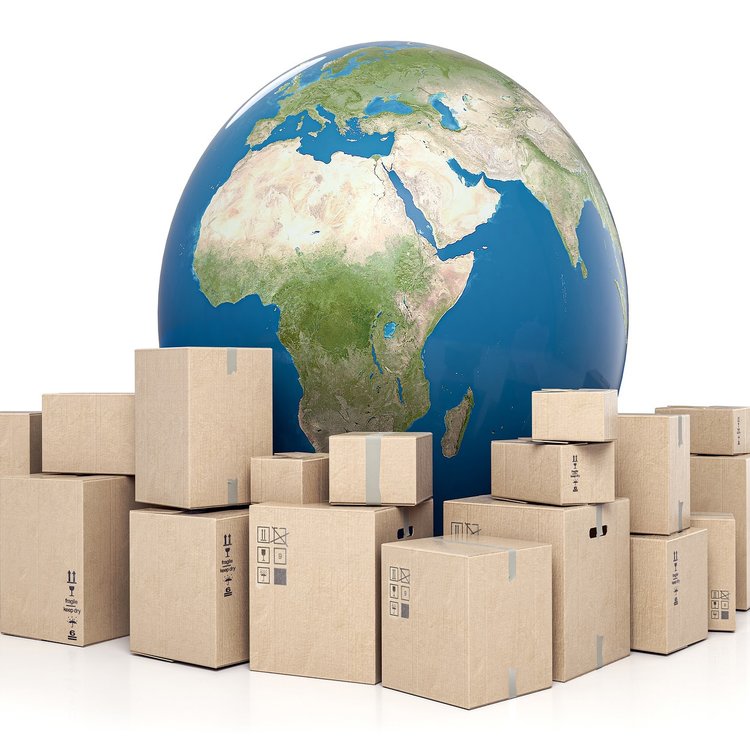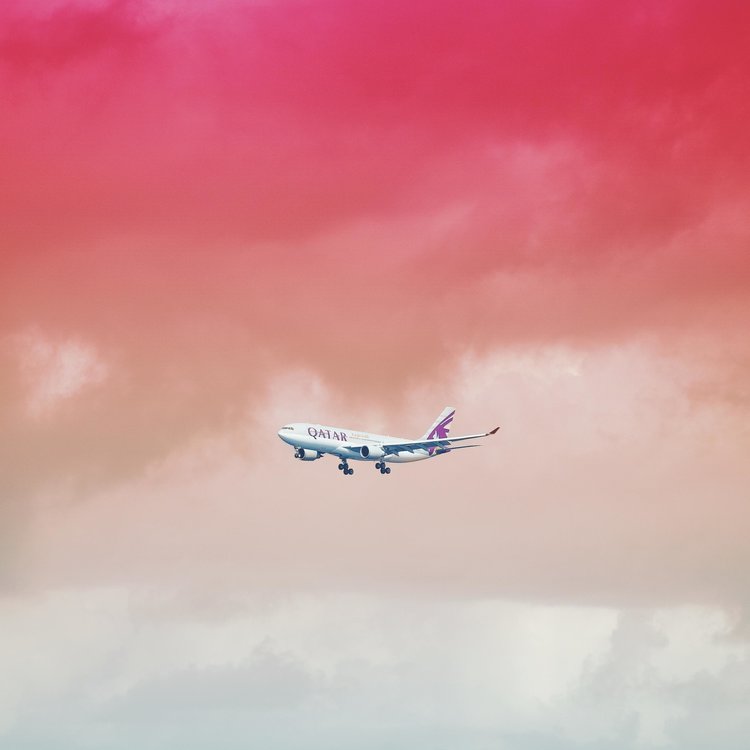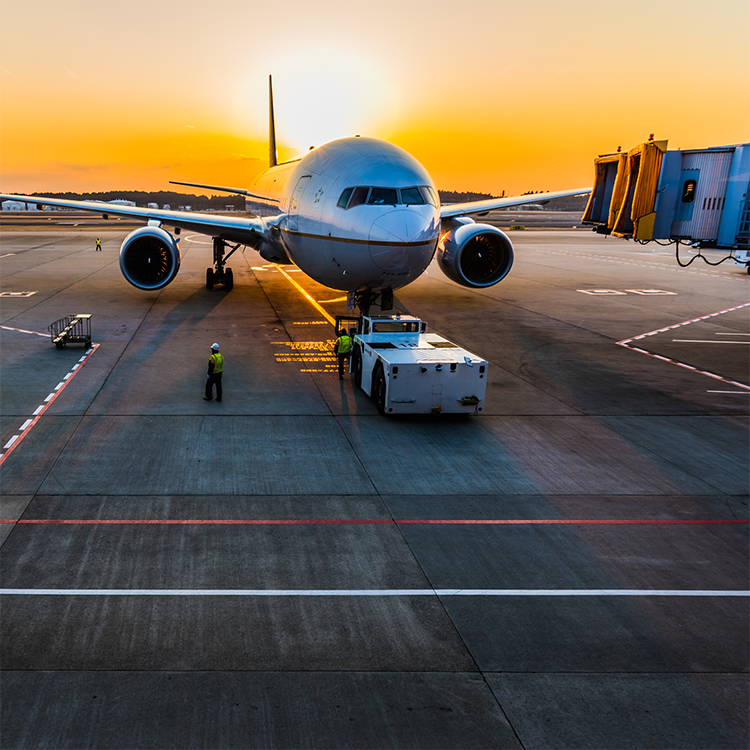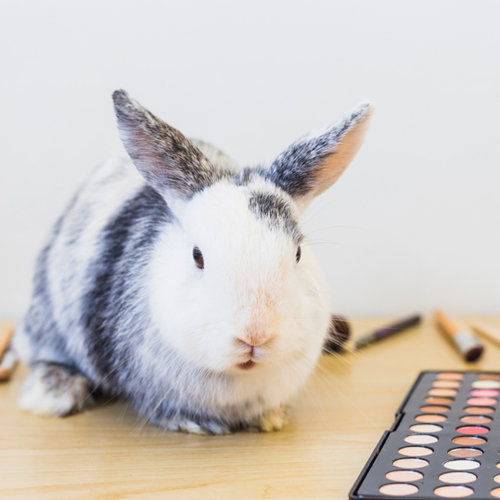China launches anti-dumping investigation into Australian wine exports
China has launched an anti-dumping investigation into imported bottled wines from Australia, the country’s Ministry of Commerce announced on Tuesday (18th Aug).
The investigation will look into whether Australian producers have dumped ‘wines in containers holding 2 litres or less’ into the Chinese market below fair market value during the time period between Jan 1st 2019 to Dec 31st 2019.
China agreed to end the probe in March the year after following a series of negotiations with the EU.
The context: Australia and China wine trade relations
Taking advantage of the China-Australia Free Trade Agreement (ChAFTA) signed in 2015, wines from Australia are exempt from import tariff from the beginning of 2019.
Chinese customs figures show that Australia has now replaced France to become China’s biggest source of imported bottled wines. Mainland China is also the number one export destination by value for Australian wine, according to Wine Australia.
A total of 53,946,300 litres of wines worth 317,508,700 USD were imported from Australia into Mainland China in the first six months of 2020, according to China’s Association for Imports and Export of Wine Spirits (CAWS).
Though still suffering a significant drop in volume from the same period last year, wines from Australia are amongst the fastest recovering categories post-lockdown in China’s imported market compared to other major wine-producing nations.
The above is an excerpt from an article by Sylvia Wu in the Decanter magazine.
So what is Anti-Dumping
Dumping 101 – sounds simple but it isn’t
Australia’s Anti-dumping and countervailing system
An anti-dumping measure is an additional duty on dumped imports that have injured Australian industry.
A countervailing measure is an additional duty on subsidised imports that have injured Australian industry.
These duties are imposed by the Minister on the recommendation of the Commissioner.
The Anti-Dumping Commission helps Australian industry by managing Australia’s anti-dumping and countervailing system. They investigate claims that dumped and subsidised imports have injured Australian industry.
Dumping generally occurs when a company exports a product into Australia at a price that is lower than the price charged in the country of manufacture.










